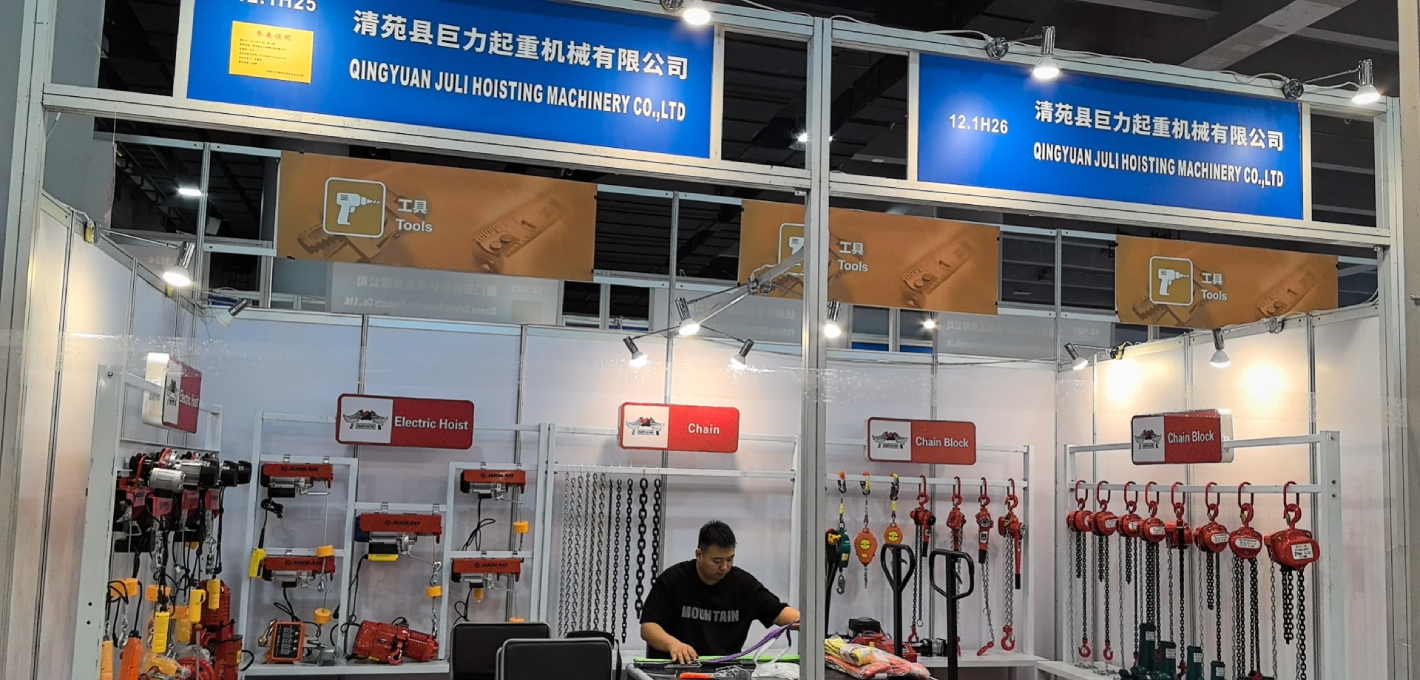


Understanding Electronic Crane Scales A Modern Solution for Weighing Heavy Loads
In today's fast-paced industrial environment, accuracy and efficiency are paramount. One of the most significant innovations that have emerged to meet these demands is the electronic crane scale. These scales play a pivotal role in various sectors, including construction, warehousing, shipping, and manufacturing. In this article, we will explore the features, advantages, and applications of electronic crane scales, showcasing why they have become essential tools in modern industry.
What is an Electronic Crane Scale?
An electronic crane scale is a device designed for weighing heavy loads suspended from a crane or hoist. Unlike traditional mechanical scales, which rely on levers and springs, electronic crane scales use load cells to provide precise measurements. These load cells convert the force of the weight into an electrical signal, allowing for accurate weight readings displayed on a digital screen.
Key Features
1. High Accuracy Electronic crane scales are known for their high accuracy, often achieving precision within a few grams. This level of accuracy is crucial for industries where even a slight difference in weight can lead to significant operational inefficiencies.
2. Large Capacity These scales can handle a vast range of load capacities, typically from a few hundred kilograms to several tons. This versatility makes them suitable for a wide array of applications, from lifting small machinery to weighing industrial products.
3. Digital Display Most electronic crane scales come equipped with an easy-to-read digital display that shows weight readings in real-time. This user-friendly interface helps operators quickly assess loads, ensuring safe lifting and handling.
4. Portability Many models are designed for portability, featuring lightweight materials and battery-operated functions. This makes it easy to move the scale between different locations as needs arise.
5. Remote Monitoring Some advanced electronic crane scales offer wireless connectivity, allowing users to monitor weights remotely via smartphones or computers. This feature enhances workflow efficiency and safety.
Advantages of Using Electronic Crane Scales
1. Enhanced Safety Accurate weight measurements are crucial for safe lifting operations. Overloading cranes can lead to accidents, equipment damage, and loss of life. Electronic crane scales help prevent such risks by providing precise and immediate readings.

2. Time Efficiency Electronic scales reduce the time required for weighing, enabling faster operations. Traditional scales often require manual adjustments and time-consuming calculations, whereas electronic scales deliver instant results.
3. Durability and Reliability Built with rugged materials, electronic crane scales are designed to withstand harsh environments. They can operate in extreme temperatures and resist dust and moisture, making them reliable tools on construction sites and in warehouses.
4. Cost-Effectiveness While the initial investment in electronic crane scales may be higher than traditional scales, their long-term benefits, including reduced downtime and improved operational efficiency, can lead to significant cost savings.
Applications of Electronic Crane Scales
The versatility of electronic crane scales allows for their use in various applications
- Construction Sites In construction, electronic crane scales are instrumental for weighing materials like concrete blocks, steel beams, and other heavy components, ensuring that they are within safe lifting limits.
- Shipping and Logistics In warehouses and shipping facilities, these scales are used to weigh shipping containers and pallets before transportation, facilitating accurate freight calculations and logistics planning.
- Manufacturing In manufacturing plants, intricate components and products can be weighed during different stages of production to maintain quality control.
- Chemical and Food Industry In sectors requiring precise measurements, such as the chemical and food industries, electronic crane scales help in the accurate batching of ingredients.
Conclusion
Electronic crane scales are invaluable tools that enhance safety, efficiency, and accuracy in various industrial applications. As technology continues to advance, these scales will likely become even more integrated into automated systems, further revolutionizing how industries operate. Investing in high-quality electronic crane scales is not just a choice; it is a necessary step toward modernizing operations and ensuring workplace safety.



